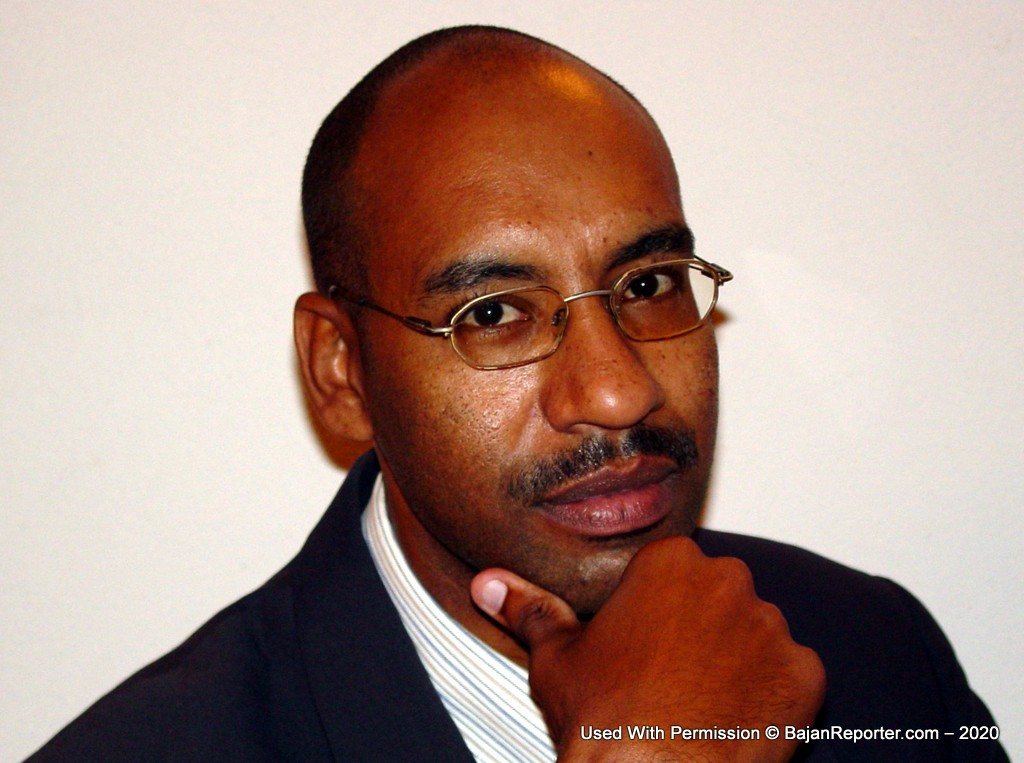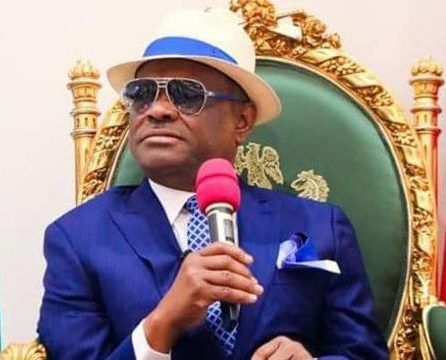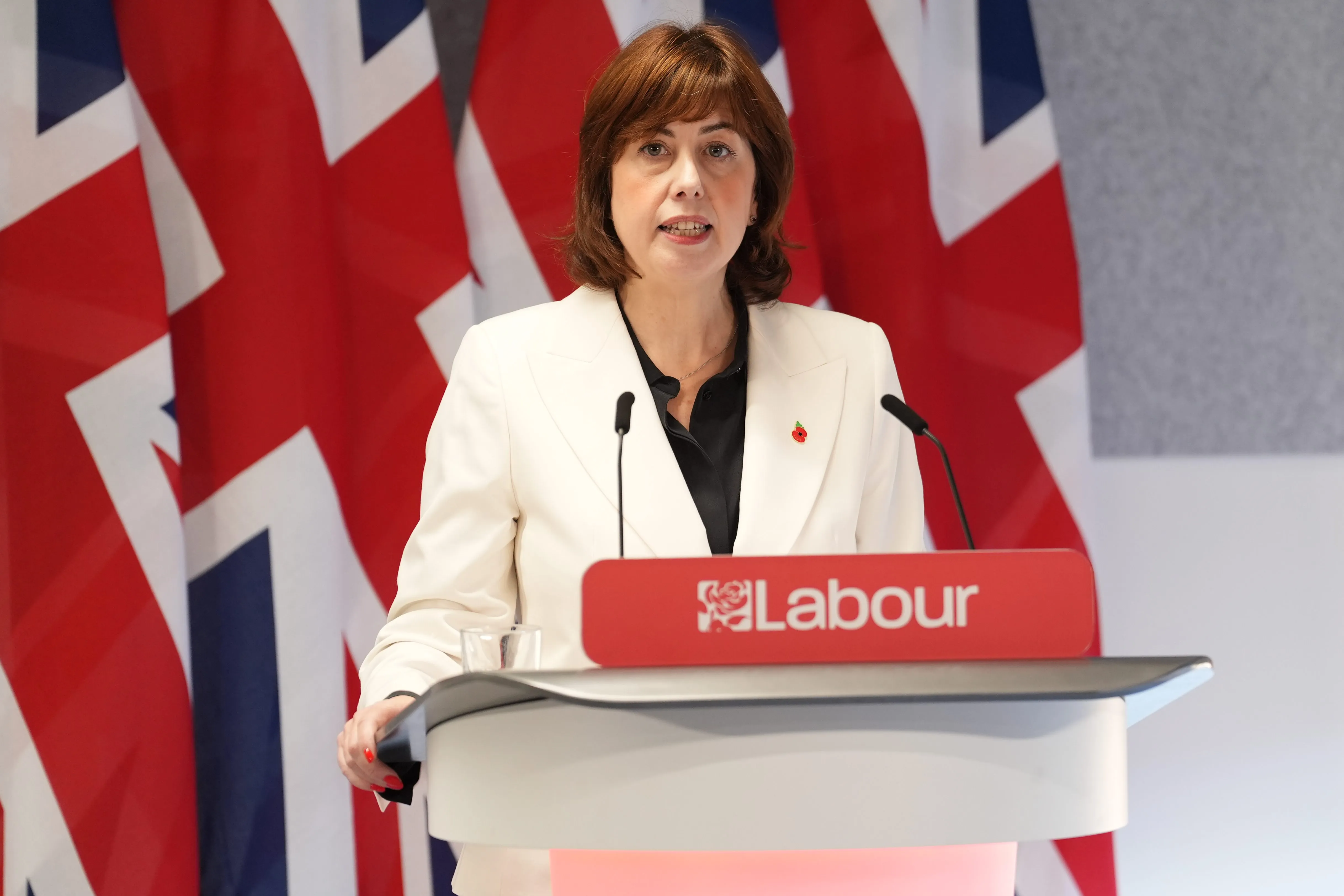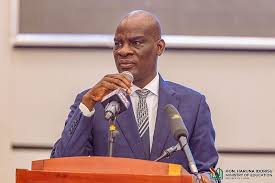Copyright bajanreporter

Slavery is illegal in most countries but it is still being tolerated. The main type being tolerated is sex-slavery. Sex-slaves are forced into prostitution and into making pornographic videos so their ‘owners’ can get paid. According to the United Nations organization for migration, Barbados became a transit location for sex-slaves passing through our ports by 2010 [Exploratory Assessment of Trafficking in Persons in the Caribbean Region. International Organization for Migration, 2010. p.5]. That landed us on the Tier 2 Watch List in the Trafficking in Persons Report (TiP) for the first time. By 2011, we became a consumer of child sex-slaves who were: (i) brought into Barbados and (ii) raised in Barbados [TiP, 2011]. Like the traders of our enslaved foreparents, the Government benefits from the taxes modern slave-traders pay as they force their victims through our ports. If we cared about sex-slaves being trafficked through our ports, that is exactly where we would help the victims and stop the slavers – like other countries that take this crime seriously. PRETENDERS. There are some countries that facilitate the lucrative sex-slavery trade and do not care who knows about it. There are other countries who want the financial benefits of sex-slavery but do not want to tarnish their reputations. So, they only pretend to do something about it. Some spend years doing: educational lectures, sensitization workshops, awareness training, planning meetings, legislative changes and a host of such activities. But they never charge, prosecute or convict a single person despite them operating in plain sight. BARBADOS AND SEX-SLAVERY. A country that does not prosecute slavers advertises to the world that sex-slavery is tolerated. Our commitments to do better were rewarded by being taken off the Tier 2 Watch List in 2014. In 2016, Barbados passed the Trafficking in Persons Prevention Act (TIPP) to show the world that we were serious about prosecuting slavers – and helping victims. Every person who plans, transports, or assists the trafficking of persons within Barbados, or across our borders, is liable to a $1M fine and/or a 25-year prison sentence [TIPP, Section 3]. If the victim is a child, then the slaver is liable to a $2M fine and/or life imprisonment [TIPP, Section 4]. The courts may order that restitution be paid to victims of sex-slavery. If a slaver takes the victim’s passport or airline ticket, they are liable to a $250,000 fine and/or 20 years imprisonment [TIPP, Section 5]. If a company is involved, then the company is liable to a $5M fine [TIPP, Section 12]. Consent is not a defence, neither is the victim’s past sexual behaviour [TIPP, Section 5]. There is no good reason to enslave another person. ASSISTANCE. In Barbados, victims are to receive: protection, housing, education, counselling, legal assistance, medical assistance, living expenses and assistance getting to a safe destination [TIPP, Section 18]. They can also live and work in Barbados for the duration of the prosecution of their enslavers [TIPP, Section 19]. Such laws should signal to slavers that Barbados is too risky a place to traffic persons. However, an opposite signal appears to have been sent. The slavers take their victims through our ports with impunity, knowing that they will never be prosecuted – because they know how pretenders behave. Despite excellent legislation, our refusal to enforce it to rescue child sex-slaves and punish the slavers landed us on the Tier 2 Watch List in 2019 [TIPR, 2019]. We remained there for three years and were upgraded to Tier 2 in 2022 [TIPR, 2022] because we appeared to be doing something. Now we find ourselves back on the Tier 2 Watch List [TIPR, 2025] because despite appearances, we did nothing meaningful. BARBADOS TOURISM INDUSTRY. If we cared about the reputation of our tourism industry, the least that we could have done was to install large posters in the arrivals’ section of our ports. The posters should clearly inform victims of their rights and slavers of their liabilities. Despite this advice being offered multiple times over the past five years, it was not done. So, what have we, the descendants of enslaved persons, done about child sex-slavery in our generation? We did two important things: (i) we demanded our right to access pornography on the Internet, which kept other children enslaved and (ii) we gave our children smart devices with no pornographic filters, which introduced our children to the dark world of child sex-slavery.



